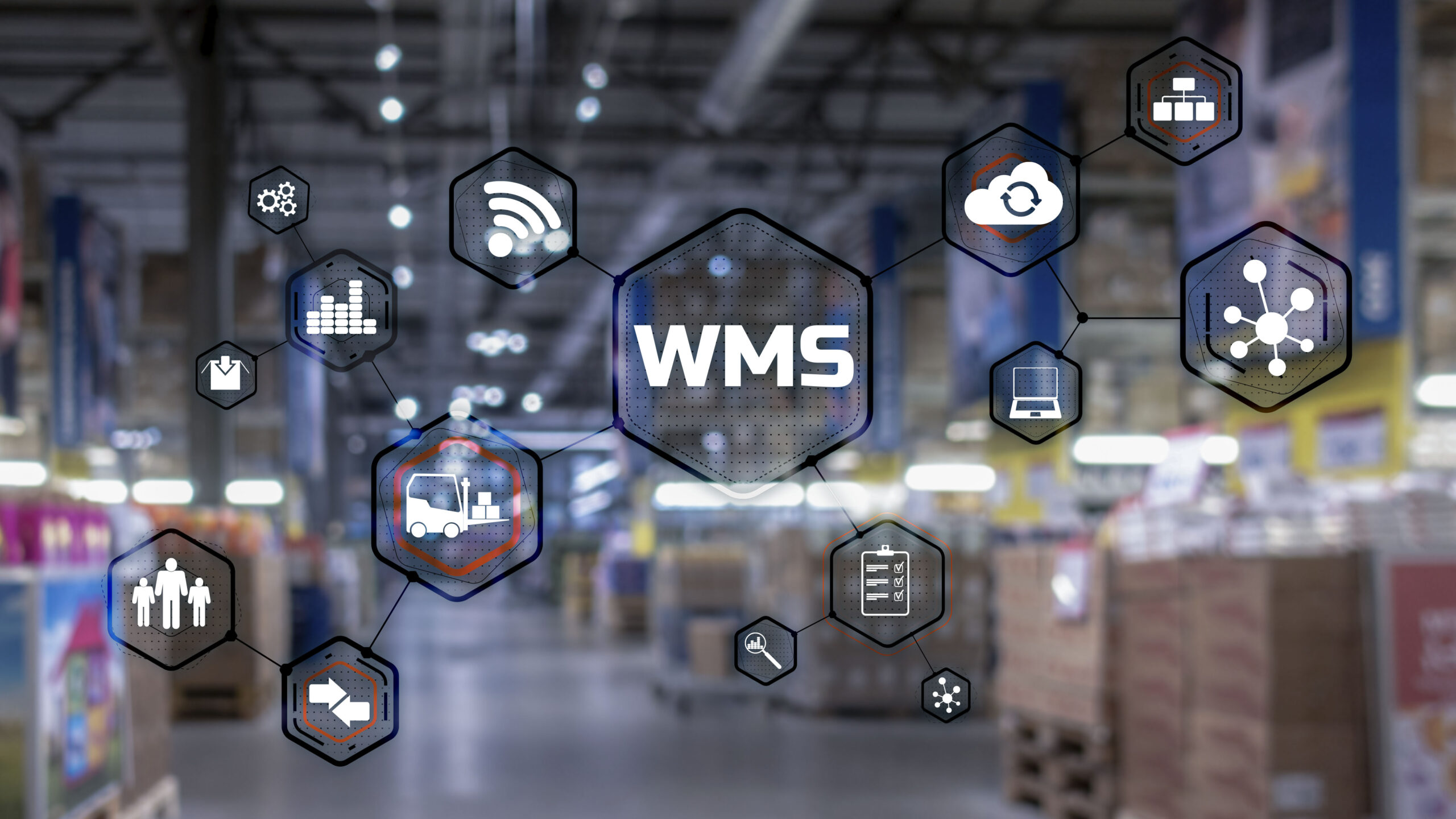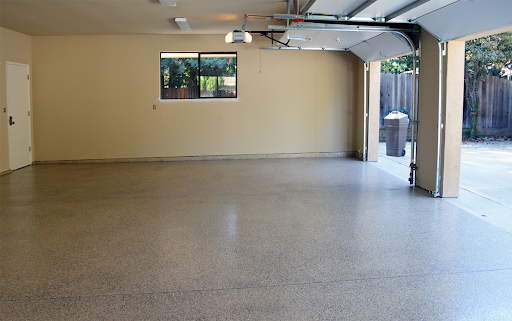Imagine you ordered something and later found that your order had been cancelled because your selected item was out of stock. It leads to frustration. The same happens when your customers don’t receive their products due to stockouts.
Stockouts happen when you run out of a product that customers want. One of the most effective ways to prevent stockouts is by using WMS Systems. A warehouse management system helps you keep track of inventory and replenish it when needed.
However, you cannot handle this challenge properly unless you know the actual reasons behind it. In this article, we will explore the main reasons behind stockouts and how they affect your business performance.
Why Do Stockouts Happen?
1. Poor Demand Forecasting
You may fail to predict how much stock you need. If demand is higher than expected, products sell out quickly, which leads to stockouts. On the other hand, if you underestimate demand, they might not have enough supply to meet customer needs. This problem is common during seasonal sales or product launches.
2. Supplier Delays
If your company relies on suppliers to deliver products, you may have to face stockouts more frequently. Due to production issues, shipping delays, or raw material shortages, you may not receive the stock when needed. The problems can get even worse if you rely on a single supplier only.
3. Poor Inventory Management
It is one of the major reasons behind stockouts. Poor management makes it hard for you to track inventory levels in real time. As a result, you may not know when the right time to restock an item is.
4. Unexpected Rise in Demand
Sometimes, a product suddenly becomes very popular. This can happen due to trends or social media influence. When demand spikes unexpectedly, you may not have enough stock to fulfill all orders. As the rise in demand is unpredictable, you may struggle to restock items quickly.
5. Issues in the Supply Chain
A supply chain involves multiple steps. If any part of this chain experiences a problem, you may not receive stock on time. Supply chain disruptions, such as transportation delays, factory shutdowns, labor strikes, or customs issues, are one of the major reasons for stock shortages.
How Do Stockouts Affect Your Business?
Lost Sales and Revenue
When a product is out of stock, customers cannot buy it. Every missed sale means lost revenue for your business. If stockouts happen often, customers decide to purchase from competitors. It leads to a permanent decline in sales.
Decreased Customer Satisfaction
Customers expect you to have products available when they need them. When they face stockouts, they feel frustrated and disappointed. If this happens frequently, they may stop trusting your company and look for more reliable options.
Damage to Brand Reputation
Frequent stockouts can cause serious reputational damage. Customers will leave bad reviews, share their frustration online, and tell others about their experience. If left unnoticed, this damage to brand reputation can make it harder to attract new customers and retain existing ones.
Increased Operational Costs
When you experience stockouts, you often try to fix the issue quickly by placing urgent orders. You have to pay more for faster shipping or sourcing from more expensive suppliers. These emergency measures increase costs and reduce overall profitability.
Effective Tips to Mitigate the Risk of Stockouts
Only knowing the reasons behind this issue is not enough. You must know how to reduce the risks of stockouts. The following practices can help you a lot regarding this.
- First of all, you should invest in reliable WMS systems. It will help you track inventory levels in real time, making it easy for you to restock items timely. Make sure you compare multiple options to find the best WMS for your business.
- You should pay special attention to demand forecasting. When you have an estimate of orders you can expect in upcoming days, you can stock products accordingly.
- Developing strong relationships with suppliers can also help a lot. It ensures that you get supplies timely, even during peak seasons. Make sure you never rely on a single supplier.
Stockouts can reduce sales and the overall profitability of your business. Therefore, you must pay special attention to this issue and take proactive measures to avoid it.









